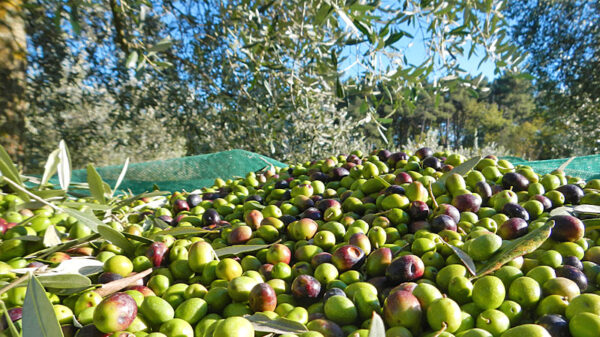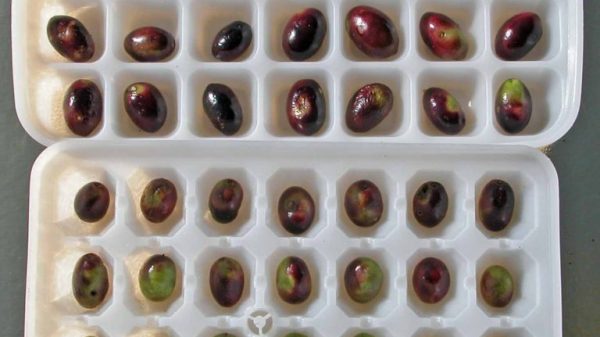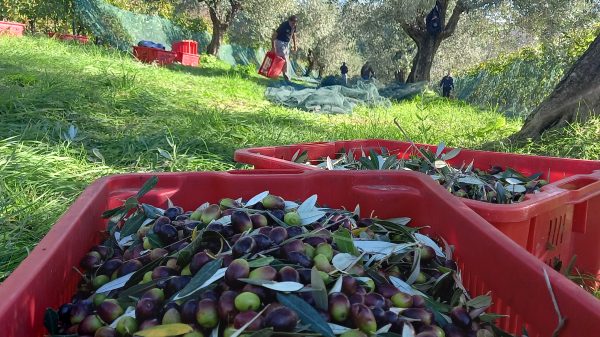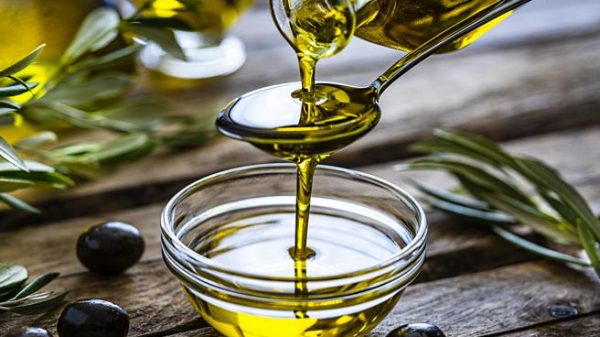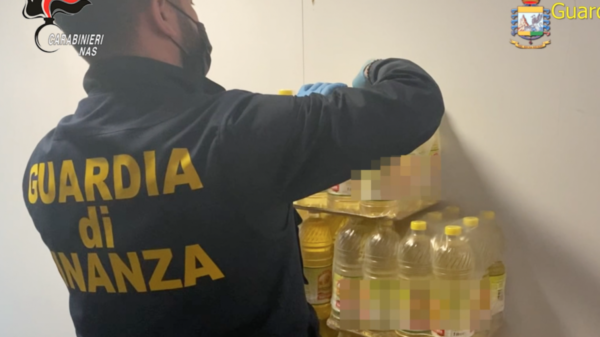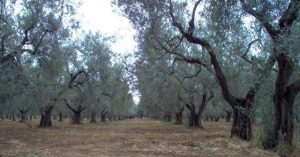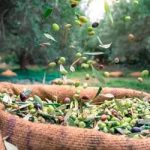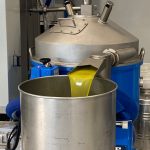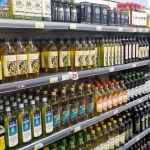 “My oil is typical of the area”. "Cheap oils cannot be genuine”. “It is expensive, but it is absolutely genuine and typical”, “A little oil but genuine: my grandfather always said it”…
“My oil is typical of the area”. "Cheap oils cannot be genuine”. “It is expensive, but it is absolutely genuine and typical”, “A little oil but genuine: my grandfather always said it”…
Market operators sometimes use terms whose real meaning expresses a concept opposite to what they want to communicate. This is because in daily use we often forget that words represent or express an idea but do not interpret it: defining an oil as "Genuine" it may appeal to the consumer, but that does not imply that it is better than others, that it offers superior or unique features compared to the competition.
What is authenticity? The Treccani dictionary defines the adjective genuine as "Unaltered, unsophisticated, therefore true, sincere, authentic, natural". If we carry out a more targeted search for our needs, we discover that Piero Bonato (CSQA, see: Quality Certification, Regulatory Situation and Experiences), defines genuineness as “The maintenance of the physical, organoleptic and nutritional properties of the foodstuffs”. It also specifies that "All operators in the food chain, whatever the point on which they intervene, must preserve the authenticity of the food and monitor the safety of operations because non-conformities in the biological universe of the agricultural and food industry are irreversible and cumulative”.
In daily life, authenticity is usually associated with products that are considered healthy, unsophisticated, unaltered, often natural. If we analyze these words carefully, we notice the absence of precise references: unsophisticated or healthy are concepts which, depending on their application, can have different meanings and functions. This lexical indeterminacy frequently misleads both producers (that is, those who attribute the characteristic to the product) and consumers, who identify a property that perhaps is not absolutely proper to what they are buying.
In the oil sector all extra virgins should be genuine, being a mere mechanical pressing of the fresh fruit. However, the law allows the use of talc in the kneading phase: in this case the oil produced undergoes an alteration during its production through contamination with a substance foreign to its natural composition and cannot be defined as genuine. And the same principle applies to oil produced in a controlled atmosphere (nitrogen or inert gases).
The same reasoning applies to a virgin olive oil: if produced solely by mechanical means, the presence of slight chemical and/or organoleptic defects formed in a natural way (i.e. without any alteration or adulteration process) make it remain edible and therefore healthy, allowing us to affirm that this type of virgin olive oil is genuine.
It's a DOP oil is a genuine oil? Same answer: if produced with the help of elements that alter the production process it will not be possible to define it genuine.
In defining and using the concept of genuineness it is therefore important to pay attention to all production processes, even those that may seem irrelevant or not significant. This because writing “Genuine” on the label means for the bottler the demonstration that the product really is, in order not to confuse the consumer and not to use an incorrect label. If you cannot certify the genuineness of your oil with certainty, it is best not to write it on the label or in the advertising documentation.
Let's deal with the word now Typical. Several experts in the subject state that "A product can be considered typical when the concomitance of some factors occurs in it, which are attributable to their historical memory, To geographical location of the production areas, to the quality of the raw material used in their production, and related preparation techniques".
To protect the typicality of some food products, the European Union has passed precise regulations. However, if we take a look at the market we can reasonably say that "typical" is associated with "characteristic", in the sense that there are one or more distinctive elements that uniquely distinguish a product: in oil the characteristic that appears to be dominant is the relationship between the environment and the product which can be referred to the geographical origin of the raw materials or to the location of the production process.
Even in the definition and use of the concept of typicality it is therefore important to have a clear understanding of the message to be communicated in order not to confuse the consumer and not to use an incorrect label. Taking into account the provisions of the law on labelling, the choice to communicate the typicality does not guarantee the consumer that the product is better than others or that offers superior features. It only guarantees the relationship between the environment and the product, between the environment and raw materials, between the environment and the production process which, if on the one hand is fundamental for the protection of biodiversity, the enhancement of the territory and its products, remuneration, protection from fraud , of the possibility of giving added value by selling “the territory” with the oil, on the other hand it cannot be a guarantee of excellence because this is not its purpose.
